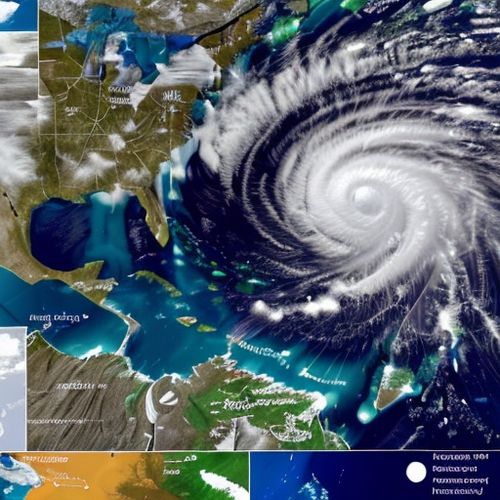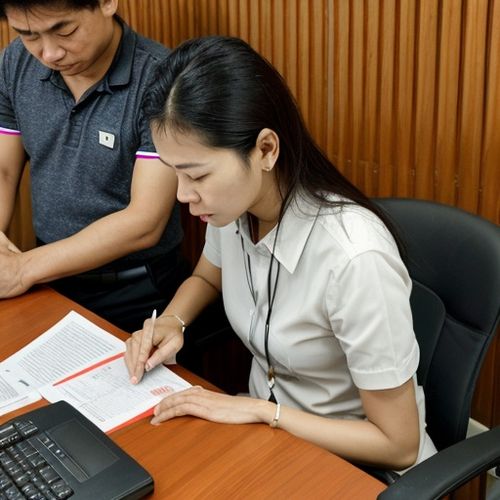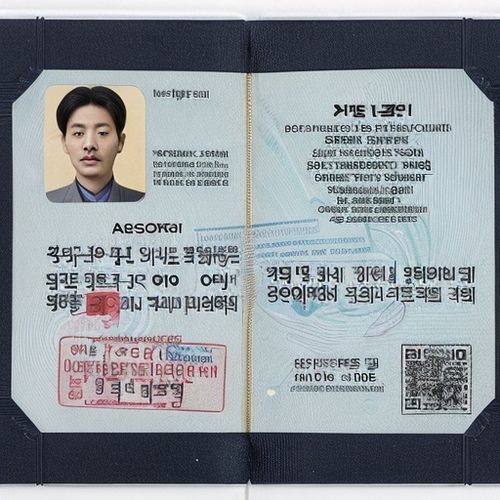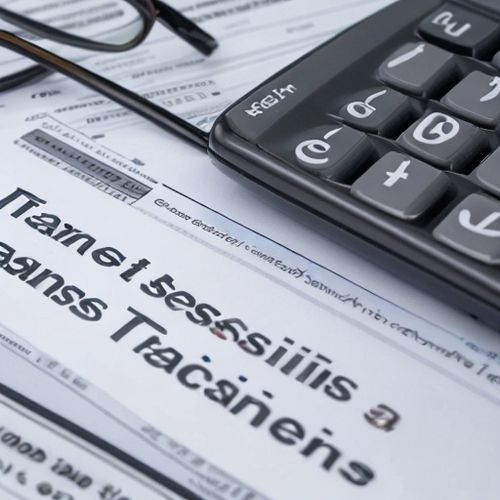The Alien Registration Card, commonly referred to as the Korean Alien Registration Card (ARC), is a crucial identification document for foreigners residing in South Korea for an extended period. Issued by the Korean Immigration Service, this card serves as proof of legal stay and is required for various administrative and daily activities. Unlike short-term visitors who rely on their passports, long-term foreign residents must obtain an ARC to navigate life in Korea smoothly.
Understanding the Purpose and Importance of the ARC
The ARC is more than just an identification card; it is a gateway to essential services in South Korea. Without it, foreigners may face difficulties opening bank accounts, signing up for mobile phone plans, or even renting apartments. The card contains vital information such as the holder's name, date of birth, nationality, and visa type. It also includes a unique 13-digit registration number, which functions similarly to a Korean citizen's resident registration number.
For many expatriates, the ARC becomes a lifeline, enabling access to healthcare services through the National Health Insurance system. It also simplifies processes like applying for a driver's license or registering for utilities. In essence, the ARC bridges the gap between temporary visitors and long-term residents, offering foreigners a semblance of stability during their stay in Korea.
The Application Process: A Step-by-Step Overview
Applying for an ARC can be a daunting task, especially for those unfamiliar with Korean bureaucratic procedures. The process typically begins after arriving in Korea with a valid long-term visa. Applicants must visit their local immigration office within 90 days of entry to initiate the registration process. Required documents usually include a completed application form, passport, visa, passport-sized photos, and proof of address.
One of the most critical aspects of the application is the proof of address. Foreigners must provide a housing contract or a certificate of residence from their local district office. This requirement often poses challenges for those staying in temporary accommodations or shared housing. Processing times vary but generally take two to four weeks, during which applicants receive a temporary certificate while waiting for their physical card.
Common Challenges and How to Overcome Them
Language barriers frequently complicate the ARC application process. While major immigration offices may have English-speaking staff, smaller regional offices often do not. Many applicants find it helpful to bring a Korean-speaking friend or hire a translator to assist with the paperwork. Another common hurdle is the strict documentation requirements, where even minor discrepancies can lead to delays or rejections.
Seasoned expatriates recommend double-checking all forms and preparing extra copies of documents to avoid last-minute stress. Some visa types, such as student visas, may require additional documentation from the sponsoring institution. Understanding these nuances beforehand can save applicants significant time and frustration.
Life After Receiving the ARC
Once obtained, the ARC unlocks numerous opportunities for foreigners in Korea. It allows holders to work legally (depending on visa restrictions), access financial services, and build credit history. The card also serves as valid identification when dealing with Korean authorities or during police checks. Many foreigners report feeling a greater sense of belonging after receiving their ARC, as it represents official recognition of their resident status.
However, with this privilege comes responsibility. ARC holders must notify the immigration office of any changes in their personal information, such as address or employment status. Failure to update these details within the stipulated timeframe can result in fines or legal complications. The card also requires renewal before expiration, typically aligned with the holder's visa validity period.
The Digital Transformation of Immigration Services
In recent years, the Korean government has made significant strides in digitizing immigration services. The introduction of the Hi Korea website allows foreigners to schedule appointments, check application statuses, and even submit some documents online. This digital shift has dramatically reduced wait times and improved overall efficiency in the ARC application process.
Mobile applications like the "Alien Registration Card Info" app enable users to access their immigration records and receive important updates. These technological advancements reflect Korea's commitment to creating a more foreigner-friendly environment while maintaining strict immigration controls. As the system continues to evolve, the process of obtaining and managing an ARC becomes increasingly streamlined.
Special Considerations for Different Visa Holders
The requirements and privileges associated with an ARC can vary significantly depending on the holder's visa type. Students, for instance, may face restrictions on working hours despite having an ARC. On the other hand, holders of certain professional visas enjoy more flexibility but must adhere to strict employment regulations.
Marriage migrants represent another unique category, as their ARCs often have longer validity periods. These individuals must navigate additional requirements, such as providing proof of marriage and sometimes undergoing interviews to verify the authenticity of their relationship. Understanding these visa-specific nuances is essential for maintaining legal status in Korea.
The Future of Foreigner Registration in Korea
As Korea continues to internationalize, the ARC system will likely undergo further refinements. Discussions about integrating the ARC with other government services or creating a unified digital ID for foreigners have gained momentum. Such changes could potentially simplify bureaucratic processes and enhance the overall experience of living in Korea as a foreign resident.
The Korean government has also shown willingness to address common pain points in the current system, such as lengthy processing times and complex documentation requirements. Future improvements may include expanded multilingual support and more transparent communication channels between immigration authorities and foreign residents.
Final Thoughts on Navigating Life with an ARC
For foreigners making Korea their temporary or permanent home, the ARC represents both a practical necessity and a symbolic milestone. While the application process may seem overwhelming at first, proper preparation and understanding of the requirements can make it manageable. Once obtained, the card serves as a key to unlocking the full experience of living in modern Korean society.
Long-term residents often view their ARC as more than just plastic and data - it becomes a tangible representation of their journey in Korea. As the country continues to welcome an increasing number of foreign nationals, the ARC system will remain an essential component of Korea's immigration framework, evolving to meet the needs of its diverse international community.

By Victoria Gonzalez/Apr 14, 2025

By Samuel Cooper/Apr 14, 2025

By William Miller/Apr 14, 2025

By Emma Thompson/Apr 14, 2025

By Lily Simpson/Apr 14, 2025

By Emily Johnson/Apr 14, 2025

By George Bailey/Apr 14, 2025

By Sarah Davis/Apr 14, 2025

By Grace Cox/Apr 14, 2025

By Natalie Campbell/Apr 14, 2025

By Christopher Harris/Apr 14, 2025

By Rebecca Stewart/Apr 14, 2025

By Joshua Howard/Apr 14, 2025

By Jessica Lee/Apr 14, 2025

By Eric Ward/Apr 14, 2025

By Lily Simpson/Apr 14, 2025

By William Miller/Apr 14, 2025

By Olivia Reed/Apr 14, 2025

By William Miller/Apr 14, 2025